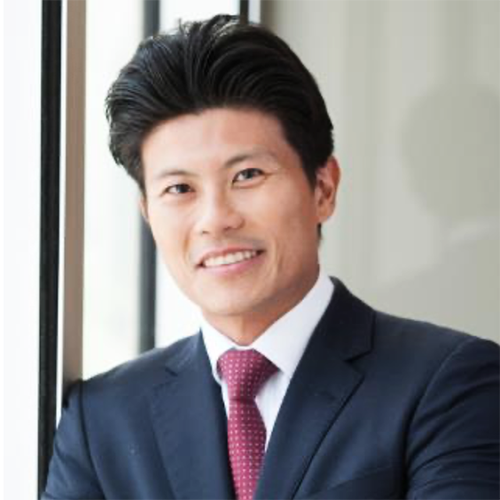The Philippine government has committed to sustainable financing in 2022, putting in place a roadmap that will guide how the country intends to raise funds through environmental, social and sustainability bonds, loans and other debt instruments.
The Philippine Sustainable Finance Framework, which was launched in the second week of January, also outlines how the Philippines will use these funds to support sustainable projects across the country.
“The framework lays out the process that will be used to ensure transparency and disclosure of the use of proceeds, as well as the expected environmental and social impact of eligible green and social projects, in keeping with international best practices,” says the Philippine Bureau of the Treasury.
Standard Chartered Bank and UBS acted as joint structuring advisers in establishing the framework, which was completed last October and has been validated by outside consultant Vigeo Eiris, part of Moody’s ESG Solutions Group.
The framework and eligible expenditures portfolios, Vigeo Eiris confirms, are aligned with the four core components of the Green Bond Principles 2021 and Social Bond Principles 2021 published by the International Capital Market Association, as well as the Green Loan Principles 2021 and Social Loan Principles 2021 published by the Loan Market Association.
The Philippine government’s framework, the consultant says, is “coherent” and will contribute to achieving the country’s sustainability commitments, which include reducing greenhouse gas (GHG) emissions by at least 75% by 2030.
After the framework was published, the Bangko Sentral ng Pilipinas (BSP), the country’s central bank, said it was considering extending regulatory incentives for banks that embrace sustainability principles, in accordance with the country’s efforts to mainstream sustainable finance while mobilizing capital “to address urgent global challenges”.
During a panel at the recent Asian Financial Forum, BSP governor Benjamin E. Diokno said the central bank was looking to offer preferential rediscount rates or provision of higher loan values to enable banks to extend green loans or finance sustainable investments, adding that “the BSP is carefully evaluating these potential incentives so as not to create any unintended consequences.”
The central bank is also studying the inclusion of sustainable finance as a form of compliance, particularly in the country’s agriculture sector.









